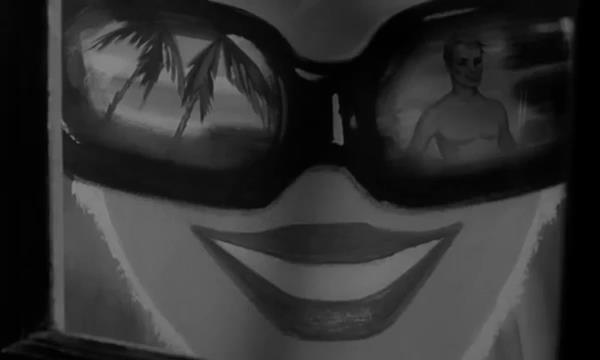The Scamp
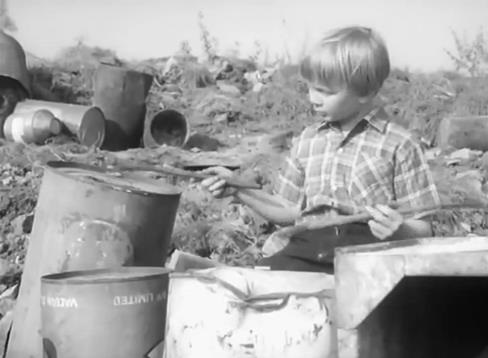
The British Huck Finn, a brash little beggar with an Aussie twang who
buys a pennorth of sweets with a five pound note
lifted from his father “on the halls”.
Everything is against him, Twain and Dickens (by way of David Lean) are
for him, the authentic genius vouched for by Mother Goose, whom doubtless
he’d call “geezer”.
Battle of Hastings at Bamborough School for
Boys, question of “sivilisation”, from
the authoress of Thunder on the Hill
(dir. Douglas Sirk), ahead of Kes (dir. Ken Loach).
Variety, “emerges as a run-of-mill domestic drama. It has
a touch too much of sentimentality and many situations are implausible... While
there is plenty of scope in such a story for a good, meaty drama, The Scamp suffers from unimaginative
direction by Wolf Rilla and a somewhat pedestrian script.” Tom Milne (Time Out), “soapy
melodramatics... lurid climax... wheels grind loudly into the happy ending.” Britmovie,
“absorbing drama... the shaky direction and a cliché-ridden script from
Wolf Rilla undermine any possibility of this well meaning human interest story
developing convincingly. Attenborough gives a decent enough
performance...”
But that is the difference, nascitur non fit.
Bachelor of Hearts
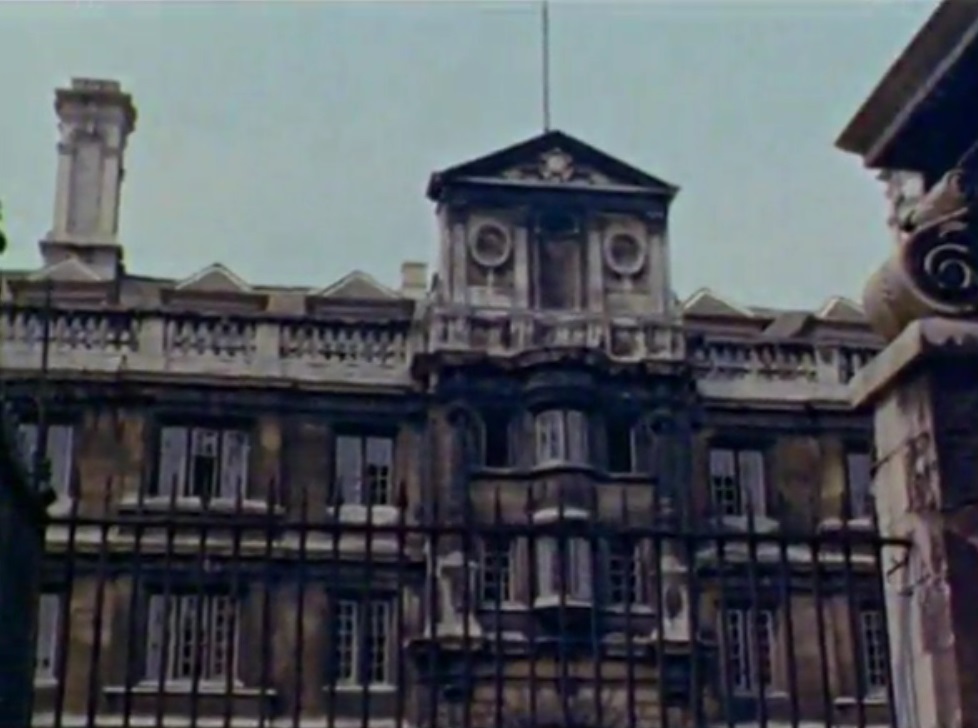
A Kraut at Cambridge...
All the sublimity of the place is there, the problem is getting to it,
Rilla has something very like Becker’s Rendez-vous de Juillet for the opening circus (out
of Vigo’s Zéro de Conduite) et voilà. The finest minds in Britain and elsewhere.
“Personally, I’m beginning to distrust ex-Dodo Milmo
Jones.” Human sacrifice (cf.
Reisz’ Morgan—A Suitable Case
for Treatment), a dip in the classics (cf.
Hawks’ Ball of Fire), the
go-between... the complete course. Thus Nabokov,
|
I lived within an
antique chamber, |
The higher mathematics, with Eric Barker as the original Woody Allen.
“It’s lovely in!” The town drain even, “no,
that’s Oxford.” Cf. so please
you The Demi-Paradise, dir. Anthony
Asquith.
Bricusse & Raphael screenplay, Edward Carrick settings,
Geoffrey Unsworth cinematography in Eastmancolor, Hubert Clifford score.
Britmovie, “a Rank comedy in
the style of Genevieve and Doctor in the House.” Variety could not follow it at all,
“facetious, rather embarrassing... rather adolescent... thin yarn...
might have been more acceptable had there been more wit,” but appreciated
the play on Conway’s masterpiece, anyway. TV Guide follows Variety,
“sophomoric”. It brings Halliwell’s Film Guide back to its
earliest youth, “sometimes agreeable, sometimes annoying, especially when
romance gets in the way of the possibilities for fun.”
Witness In the Dark
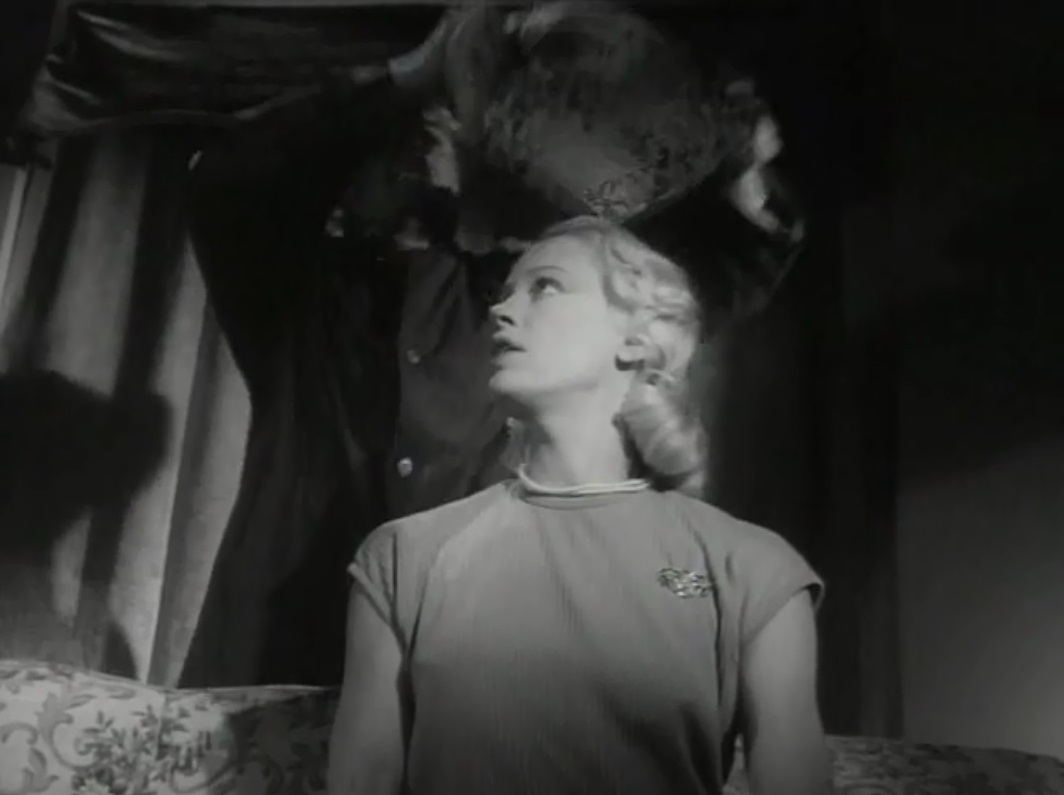
The girl who lost her sight in France due to a road mishap that killed
her fiancé.
Dickinson’s or Cukor’s Gaslight
for the murdered woman upstairs. The uncanny appreciation of blindness leads to
the central aria on the world of the blind, a rare world of heightened
apperception amidst visual dearth.
David Parkinson (Radio Times),
“a pleasing sense of menace”. TV Guide, “standard and
predictable”. Leonard Maltin,
“uncommonly obvious suspenser”. Sandra Brennan (All
Movie Guide), “tepid thriller”.
Village of the Damned
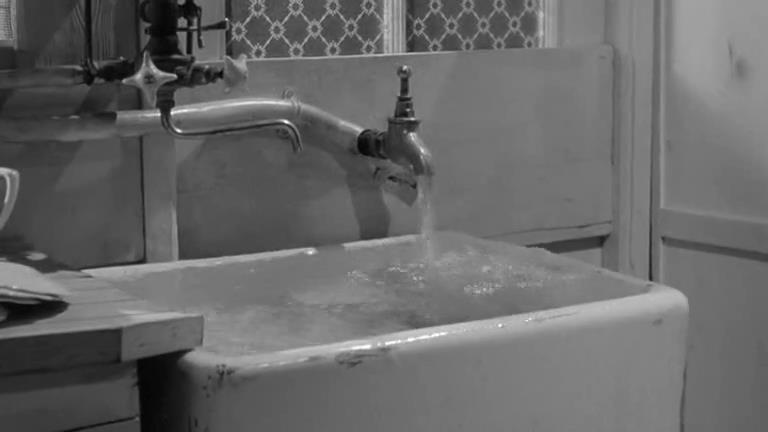
El sueño de la razón produce monstruos.
The townsfolk of Midwich fall unconscious at midday, nine months later a batch
of “blond-eyed, blue-haired” infants is born to them, sharing a
“mass mind” and “extraordinary power... the sinister way they
use it.”
Russia has a
similar batch, others in Australia and among the Eskimos and at Irkutsk “on the borders of Outer Mongolia, a grim
affair,” died or were put to death, a nice report from The War of the Worlds (dir. Byron
Haskin). They have no feelings, the little beasts, it
is their boast, it gives them power, only an hour and
a quarter from London.
”Grave
developments,” the Russians take a drastic hand to theirs, the Midwich cuckoos have started to kill. A Stauffenberg
(George Sanders) amongst the cuckolds shields his tiny well-probed mind and
blows the little bastards up, cf.
Donen’s Saturn 3.
The brood or
clutch of strange children appear every so often here and there henceforth, as
biting dolls in Barbarella (dir.
Roger Vadim), for example, cp. Invasion
of the Body Snatchers (dir. Don Siegel or again Philip Kaufman) and The Boys from Brazil (dir. Franklin J.
Schaffner), also Cavalcanti’s Went
the Day Well?.
Losey’s These Are the Damned constitutes an
analysis, so too does Lumet’s Child’s
Play.
Samuel
Fuller’s Werewolves (Verboten!)
are thus pictured by Rilla with lupine eyes, the influence on Rosemary’s Baby (dir. Roman Polanski)
and subsequent works like The Exorcist
(dir. William Friedkin) is unquestionable, a common source is The Bad Seed (dir. Mervyn
LeRoy), also to be sure My Son John
(dir. Leo McCarey).
Certainly
Rilla’s childhood experiences in Germany are material to the production.
“Eternal
vigilance is the price of liberty.”
Variety,
“would have been slightly more plausible...” Kim
Newman (British Film Institute), “low-key dramatisation”.
Film4, “rather creaky at times.” Dave Kehr (Chicago Reader), “strong and subtle”.
Time Out, “the overall plot may
not withstand detailed analysis.” TV
Guide, “very frightening”. Alan Jones (Radio Times), “British near-classic”. Hal Erickson (All Movie Guide), “one of the most
influential science fiction films of the 1960s.” Halliwell’s Film Guide,
“absorbing and logical”.
Piccadilly Third Stop
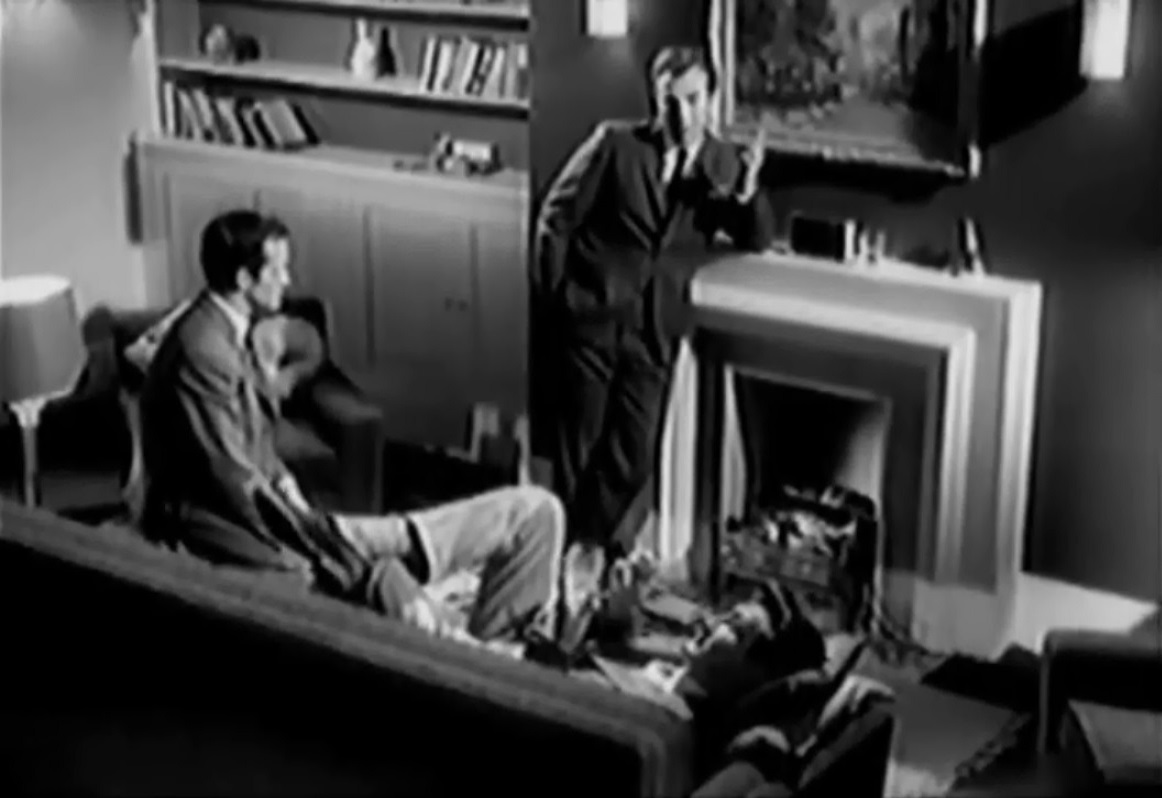
The original ugly American and a wide boy with a yen undertake to rob the
Sivan Embassy from the underground with a semi-retired safecracker of renown in
his field of employment. “It’s one of the
spice republics,” Siva, embassy just off the Piccadilly Line, Belgravia
Station. The ambassador’s daughter is the weak
link, in a manner of speaking, disentangled from an equine bore at a Mayfair
wedding reception thusly, “er, they were lookin
for you, over there.”
“Who was?”
“Dunno, a tall chap, hair in ‘is
nostrils.”
“Oh!” A frilla
from Wolf Rilla with an arcane perspective of perfectly comic detachment throughout,
quite to the point, cf.
Guillermin’s The Day They Robbed
the Bank of England earlier the same year, somewhat more remotely
Huston’s The Asphalt Jungle
(looking ahead to Rilla’s Cairo),
much more so Corman’s Bucket of
Blood for the wide boy’s sculpture.
Time Out, “agreeably
showing its age...” David Parkinson (Radio Times), “plodding,
low-budget thriller”. Britmovie, “directed with
pace and style by Rilla”. TV Guide,
“another routine caper-gone-bad movie.” Eleanor Mannikka
(All Movie Guide), “fast-paced,
standard crime story about a caper gone awry”. Halliwell’s Film Guide,
“boring and rather unpleasant”.
Cairo
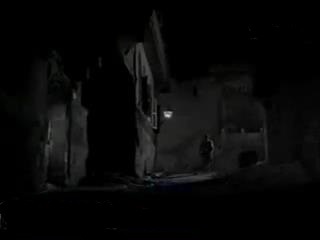
The Major, out of
a Munich prison, with a passport forged there, to rob the Cairo Museum with a
“foolproof” plan. Jewels from antiquity,
to be unloaded in Istanbul, whence Dassin’s Topkapi, a signal reading. A
hashish-smoking plunger at the tables, the Major’s gunman.
The sublime work
of a director for whom a scene is the equivalent of a short story and who,
being a great artist himself, has the raremost
appreciation of a belly dancer. “What’s it
like, a man of your taste, spending time in prison?”
“Oh, not
too bad. I’m not altogether without inner resources,
you know... after this it’s South America for me.”
From the author of Little Caesar
and The Asphalt Jungle,
cinematography Desmond Dickinson, score Kenneth V. Jones very much in the
manner of Theodorakis. The parable of the debtors
brings forth a Hitchcock cut to mosque and muezzin (The Man Who Knew Too Much).
Tutankhamen, no
less. Up through the sewer with a cracksman lately
retired to wife and child, rather like Harry Lime escaping his pursuers under
the nose of King Tut, exactly like Dearden’s The League of Gentlemen, in a word.
After the
robbery, an analytical mirror of the action (film critics do not believe in
these things, for them a plate of spaghetti is nothing but, unless it’s
“Freudian”, and that means dirty). The financier bankrupted by a drug
arrest plans to seize the jewels, his
financier tries the same at gunpoint, it comes down to asking the government
for ransom.
A British
picture, for M-G-M. The significance of the title and
location filming is undoubtedly a memory of the war.
TV Guide,
“competent caper film... the suspense is weakened by some glaring plot
holes and a museum that is ridiculously easy to rob.” Halliwell’s Film Guide,
“spiritless”.
the world ten times over
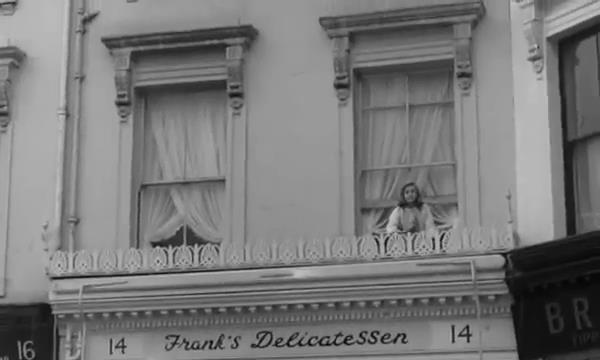
The “nice
girl” gives the navvy two fingers up on a noisy
morning down from her flat above the deli, the chum and flatmate’s
flattered to meet one’s father the “property king” and
wonders why she can’t play the piano, “other people can,”
London demimondaines, two-party girls, the unmusical chum takes a turn at the
jackhammer, no “bloated plutocrat”.
Enchanting echo
of Waterloo Bridge at the station,
nice one waiting for Daddums, schoolmaster, Coriolanus at the Old Vic (matinee). Freezing winter, ice skating on the river. The queen of the world in a hole in the ground is one
perspective and gives the title. “I’ve
always hated Shakespeare” is
another, “you can have him boiled as far as I’m concerned.”
Chum and nice one, respectively.
Variety,
“overdramatic”. Michael Betzold (All Movie
Guide), “dour drama”. Halliwell’s Film Guide,
“dreary.”
A singularly
beautiful masterpiece, one of the finest British films (cinematography Larry
Pizer, screenplay the director). “Middle East
petroleum he was, very keen.”
“Sibilla,” Daddums asks most
urgently, “I want to know, what is
it you do for a living?” He has liberal views, “live and let
live.” The property king knows a good thing, “entertainment”
he calls the other one for “tired businessmen.”
Billa’s gone off the game, frankly pregnant. Ginnie, Virginia, is for sunny shores with the scion,
married but “finding himself,” his wife points out she’s
“a tart.” Dance hostesses at the Ecstasy
Club and Cabaret, properly speaking. Daddums has a look in and dismisses her, mocked for his
pains. Billa needs a friend, the scion is dismissed
with a slash of the wrist, none too serious. An
appreciative whistle from a dustman brightens the morning after a bad night.
“Thus he discovered that those who earned their living by catering to the
sexual wants of men quite often fell violently in love with one another”
(Douglas Cooper, Henri de
Toulouse-Lautrec).
Piccadilly Circus
intimately seen and brummagem environs, a nighttown with a travel agency in its
midst.
